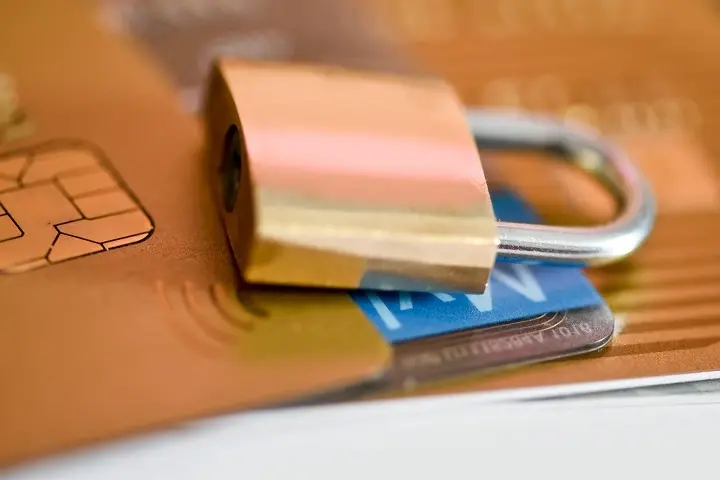How to Lock Your Credit Report ?

In the digital age of today, you have to protect your data. One of the best methods to protect yourself is to check your credit record; identity theft is still a major hazard. Locking your credit report offers even more protection and greatly increases the difficulty of possible fraudsters opening new accounts in your name.
This tutorial will take you through the process of freezing your credit report, clarifying the related processes and advantages.
Understanding Credit Freezes vs. Credit Locks
Differentiating between credit locks and freezes will help you understand the intricacies later on. Although both seek to limit access to your credit report, they serve somewhat distinct purposes:
Legal action restricting possible creditors from access to your credit record is known as a credit freeze, sometimes referred to as a security freeze. To start the freeze, this calls for personally contacting each of the three main credit bureaus—Equifax, Experian, and TransUnion. All three bureaus provide this free service.
Usually provided by the credit agencies directly or by outside companies, a credit lock lets you control your credit report access via a specific platform. Depending on the service provider, this sometimes includes extra capabilities like credit monitoring services and could cost money.
Benefits of Locking Your Credit Report:
Locking your credit report has a few benefits.
Limiting access to your credit report greatly increases the difficulty for fraudsters opening new accounts in your name, hence perhaps causing debt and negative effects on your credit score.
Even if your data is exposed, a sealed credit report creates a barrier that makes it more difficult for criminals to obtain credit cards or loans.
Knowing your credit report is sealed adds even more security and can greatly ease your peace of mind, particularly if you have had data leaks or suspected efforts at identity theft.
Steps to Lock Your Credit Report:
The processes required to lock your credit report are broken out here:
To start a credit freeze, remember you must personally call each of the three main credit bureaus—Equifax, Experian, and TransUnion.
Gather Necessary Information:
Before getting in touch with the bureaus, be sure you have the following easily available:
Your whole name.
The number for Social Security:
Birth date:
Current address:
Initiate the Freeze:
Start the Freeze: Every credit agency has several ways to freeze credit. Usually, you can accomplish this:
Online: See Equifax, Experian, and TransUnion's separate websites and follow their online freeze instructions.
By phone: Call the specific phone numbers each bureau has supplied:
Equifax: 1-800-685-1111; Experian: 1-888-397-3742; Transunion: 1-888-909-8872
You can download and turn in a mail-in form each bureau offers. This approach usually takes more time to process though.
Question Verification for Answers:
Every agency will validate your identity by posing a set of verifying questions to you. Get ready to respond precisely.
Receive Confirmation:
Once the freeze is set, each bureau will confirm it for you. This confirmation can include a PIN or password required to momentarily release the freeze going forward.
Important Considerations:
Applying for new credit, such as a mortgage or vehicle loan, will require you to momentarily remove the hold on your credit report with the relevant bureau(s.). Through their websites or phone numbers, every bureau offers guidelines on how to accomplish this.
You can also freeze your minor children's credit records to guard them against possible identity theft.
Free vs. Paid Services: Although all three of the major bureaus place a credit freeze-free, some credit monitoring companies provided by outside parties may charge membership fees.
Locking Your Credit: A Proactive Security Measure
One proactive action toward protecting your financial identity is locking your credit report. Understanding the procedure and applying these guidelines will help you to greatly lower your chance of becoming a victim of identity theft and keep control over your credit records. Recall that guarding your data mostly depends on your attentiveness; so, one of the most effective weapons in your security tool is locking your credit report.
To get more about your credit score right now, phone (888) 804-0104.



